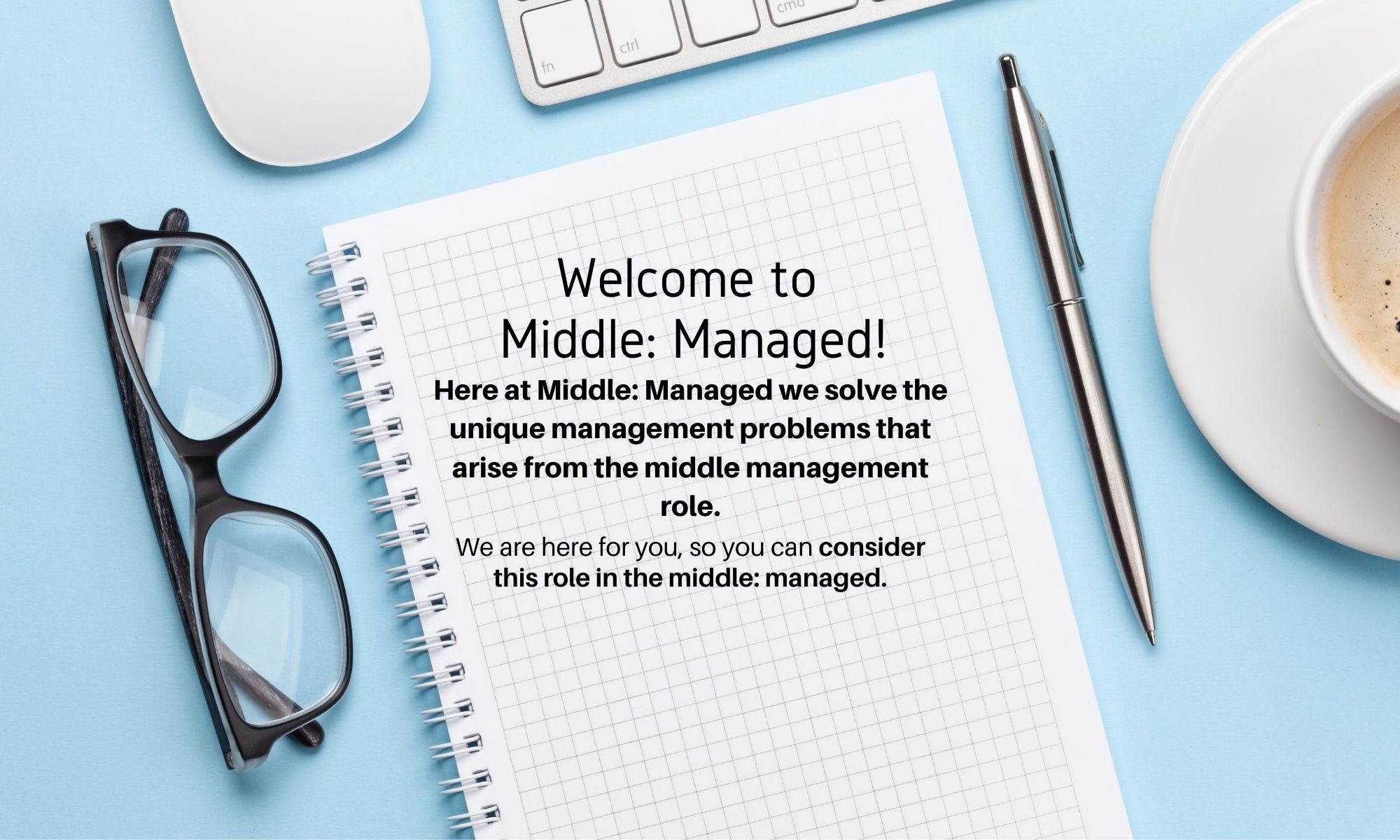These days, success in management is all about achieving results, meeting the next bench mark, and keeping high client satisfaction. While there are numerous opportunities to make quick decisions as a manager, there are some key times to hold back and wait. Essentially, the best course of action at times can be inaction. Here are five times where it is the right choice to avoid making a decision as a leader.
As leaders, our lives are full of urgent decision requests that carry major consequences if we are wrong. We can get so caught up in the moment that we fail to realize our capacity for quality decisions has long been met. As a result, we start making biased or illogical decisions that we never would have made normally.
Instead of keeping on this decision making rapid fire, what if you held back and instead you decide to do… nothing?
Here are some times where it is wise to avoid leadership decision making and still come out ahead.
When to avoid making a decision as a leader
Pressing send on that email when you are angry
You aren’t a lesser manager if you don’t hit back at every punch thrown your way.
Proving that someone else is wrong may be a knee jerk protectionist move, but can backfire if you aren’t careful.
If it’s the typical business culture at your work to maintain face by “hitting back” – just give it a minute. Type up your rebuttal, write down your ‘as per my last email’ with the relevant sections highlighted, and then leave your computer and go grab a snack or a quick coffee. Even try waiting until the next day! Come back and re-read. Is it even worth sending anymore? You very well could choose to delete it or at the very least soften your language a bit, get your message across, and maintain a better relationship with the recipient.

Eliminate zero benefit work
You do not need to jump on every phone call you get (unless you work for a call center!)
I inadvertently tried an experiment when all of my meetings became virtual, but I was still at the office due to the nature of my work. I was unable to answer my desk phone because I was clearly on video chat. I noticed that callers were not leaving voicemails!
They couldn’t be bothered because it obviously was not urgent. I realized something – they had just tried to bring me in to their non urgent work! Now I blissfully screen my calls and enjoy the lower amount of nuisance work.
When making a decision, always check your information quality, completeness, and your own biases. Here is how to ensure that your own decision making biases are not impacting good decision making.
Chiming in when petty comments are made about others
When others around you are complaining about colleagues in different departments, problem clients, or their boss – do not chime in. While this does not seem like a classic leadership decision making moment, you are in fact, avoiding a decision.
By deciding that you do not participate in gossip, you don’t have to make in the moment decisions about what to share with the gossipers, how to phrase it, or who you can tell something to because the trail won’t lead back to the original person.
By avoiding all of this and holding back your opinion, you guarantee that a negative comment will not get back to the other party. Inaction with gossip will go a long way.
If you feel like you absolutely must say something ore defend the other person. Here is my no thought go to, which makes me a rather boring person to gossip with: *shrug* “I guess they are having an off day”.
There is no thought, you didn’t even have to hear their whole complaint. Shrug, canned comment, move on.
When it seems too good to be true
Does someone come to you with a deal that will solve all your problems with almost no consequences? Their explanation is all a bit unclear and something just seems a bit dodgy about it.
Instead of making a hasty generalization to understand, stay back and wait. Gather information. Wait and see what happens. If it all seems too good to be true, it just might be and you will be happy that you didn’t jump on a potential career grenade.
Identify when decision making fatigue has kicked in
Does your brain not seem to be able to string thoughts, much less sentences together? It’s time to take a break and hold back on any further decision making,
Decision making fatigue can have devastating effects on your decision making quality as a leader. The number of decisions – big AND small – have a cumulative effect on your brain where too many decisions in a short period of time leaves you unable to make effective decision.
Here’s how you can identify and deal with the brain drain of decision making fatigue.
When it comes to avoiding making decisions as a leader, it really is an art. You need to try a bit of avoiding carefully here and there to see what works for you. After all, you still need to do your work. Put off rushed decisions or only spend your mental energy where it is needed, your future self will thank you.

